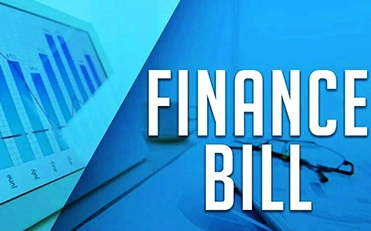
The Kenyan government recently unveiled the draft Finance Bill 2024, aiming to broaden the tax base and lessen the fiscal deficit. The bill introduces several new taxes and adjustments to existing tax laws, sparking interest and concern. I conducted a rapid assessment of the bill, focusing on the implications of the Motor Vehicle tax, excise duty, and eco levy on Kenyan SMEs.
Motor Vehicle Tax
While a Motor Vehicle tax could enhance tax collection and consequently contribute to better road infrastructure, a lingering question remains: what specific public service will this new tax fund? This consideration is particularly important given that the Kenya Roads Board already imposes the Road Maintenance Fuel Levy (RMFL), collected at fuel pumps at a set rate of Kes 8 per liter of petrol and diesel. The RMFL is designated for various purposes including annuity fund allocation, road maintenance, rehabilitation, and development.
Excise Duty
The Finance Bill 2024 suggests modifying the first schedule to CAP 472 by proposing an excise duty exemption for goods originating from East African Community partner states that adhere to the East African Community rules of origin. This move is praiseworthy and could facilitate SMEs in importing raw materials from the region without incurring extra expenses.
Eco Levy
The finance bill proposes an eco levy aimed at goods that have adverse effects on the environment, such as contributing to noise, soil, and air pollution. SMEs involved in the trade of items like mobile phones, diapers, microphones, loudspeakers, earphones, calculators, electronic devices, rubber tires, batteries, and plastic packaging bags will be affected. .
Considering the government’s aim to bolster the digital and creative economy by ensuring widespread access to devices, particularly smartphones, there is a concern that the introduction of the eco levy could hinder these objectives.